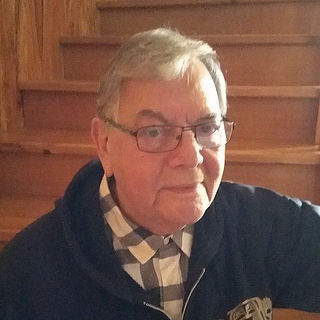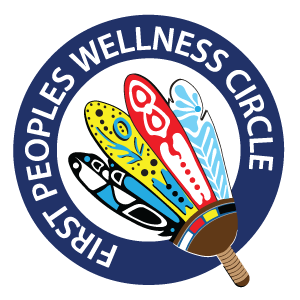
Dr. William Mussell
Bill’s introduction to leadership took place in two different worlds:– within his Sto:lo family and community and within the formal education system he came to know as a nine year old, graduating ten years later doing his first year of university studies where he chose to do a bachelor of arts degree, obtained a degree in social work, and earned credentials as a high school teacher while also doing courses earning him credits at the Masters level. Knowledge, language, values and social skills learned and practiced at home prepared him well to serve as a leader among his classmates, and among his peers as he joined the adult world. Concurrent with his formal university studies, Bill became a dedicated volunteer and understudy of the Elders who re-established the Interior Tribes of British Columbia, modelled after the North American Indian Brotherhood created by the late Andrew Paul of the Squamish Nation, and recreated by the late George Manual.
Bill began his professional career in the early 1960s, focusing on justice system, post-secondary teaching, Band governance/management, and health/mental health and social development. He served as Chief of his First Nation, spokesman for the 24 Sto:lo First Nations, second president of the Vancouver Indian Friendship Centre Society (1964-67) and Executive Director of the Union of B.C. Indian Chiefs in its formative years, and founding chairman of the Coqualeetza Cultural Education Centre on behalf of the 24 Sto:lo communities. In 1974 he accepted an order-in-council appointment to the National Parole Board. He served as the Sr. Member for the B.C. and Yukon regions throughout the 8 years that he dedicated to this service, in favour of working directly with First Nations communities, Tribal Councils, Cultural Education Centres, and other service agencies with mandates to serve First Nations people in ways that would contribute to positive change in their lives. This new direction took shape in 1982-83 when he effectively became a self-employed consultant.
Consistent with his focus on indigenous mental health/mental wellness, including family and community well-being, health and developmental challenges of community practitioners doing this work in communities became his priority in the 1980s; in fact, he and two colleagues founded the Salishan Institute Society, a not-for-profit education agency that specialized in the education and training of community health workers/educators and addictions workers serving First Nations in B.C. and Alberta. Curricula for these programs was embedded in the cultural foundations of the communities to address priorities identified with First Nations in ways that prepared them to promote individual, family, and community health and wellness. The Institute delivered its first courses in the fall of 1988 and continued through to 2004 when Bill gave his attention to work on the national Mental Wellness Advisory Committee while also serving as President and Co-chair of the Native Mental Health Association of Canada that he served for 20+ consecutive years. This background brought him to the current roles he fills as a member of the board of the First Peoples Wellness Circle, including representation on the board of the Thunderbird Partnership Foundation, and as Elder Adviser to the Implementation Team. He possesses an impressive history of keynote and related oral presentations, courses researched and taught addressing indigenous issues, and publications.
